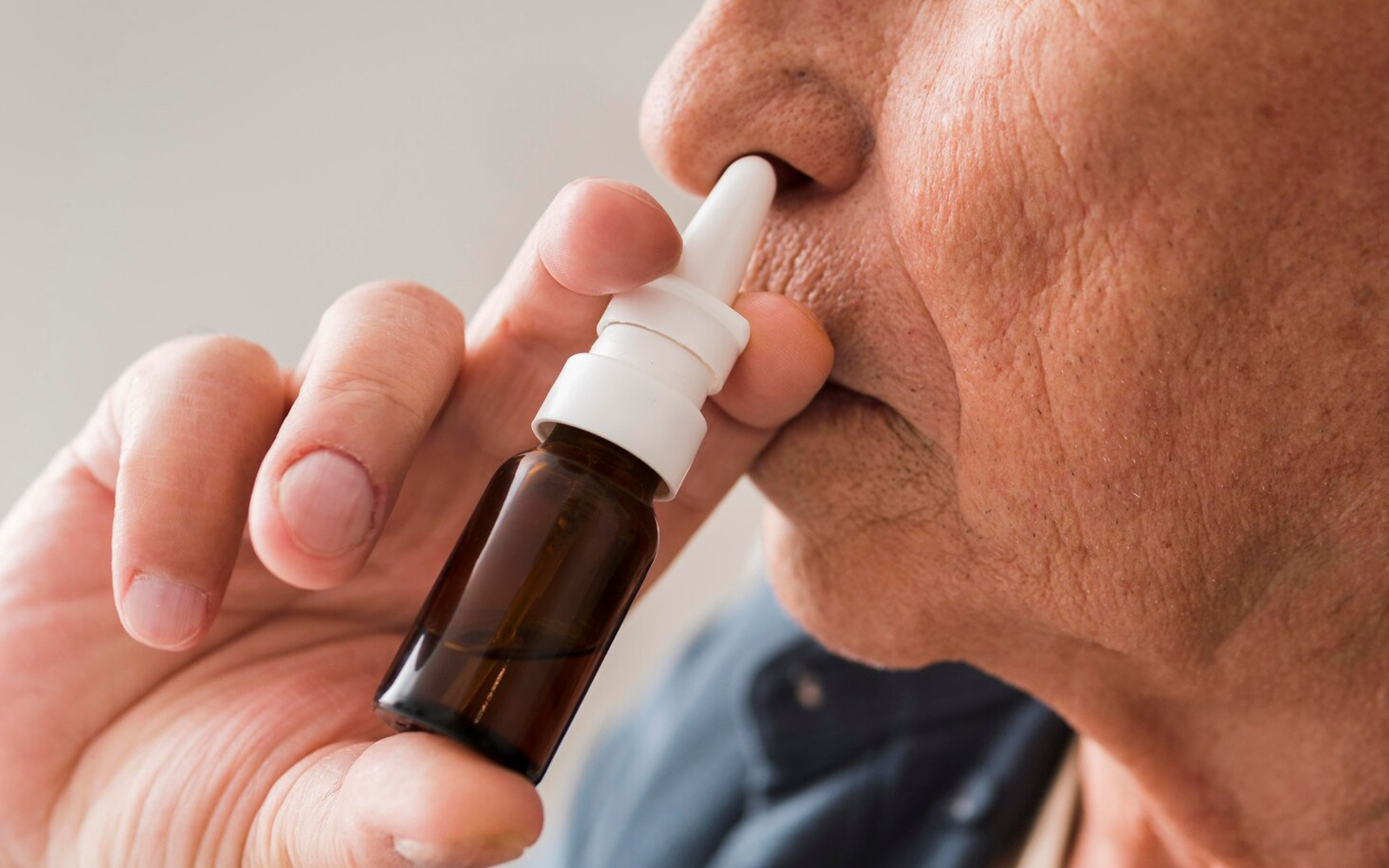
If you frequently use nasal sprays or drops for congestion, especially due to allergies, you may unknowingly be making the problem worse.
With the rising number of allergy sufferers each year, more people experience symptoms like hay fever. Although pollen season typically begins around February, indoor allergens such as pet dander, mold, and dust mites can still cause allergic reactions year-round.
Nasal Congestion: Cold or Allergy?
If you’ve been dealing with nasal congestion, itchy eyes, throat irritation, and sneezing for weeks, it may be time to see an allergist. Allergic symptoms can only be effectively treated with the right medications, which are safe for long-term use. Neglecting proper treatment can lead to complications, such as the development of new allergies, asthma symptoms, or dependency on nasal drops.
The Risk of Nasal Drop Addiction
Attempting to self-treat chronic nasal congestion with over-the-counter sprays may result in “rebound congestion.” This occurs when nasal sprays, used beyond the recommended time limit, damage the nasal lining and lead to persistent congestion. If allergies are causing your symptoms, prescription steroid nasal sprays can be safely used for weeks or even months under medical supervision.
Failure to address long-term nasal blockage can lead to chronic sinusitis, a condition that often requires more extensive treatment.
Chronic Inflammation and Sinusitis
Unchecked allergies may cause chronic inflammation of the nasal passages, leading to chronic sinusitis. While chronic sinusitis may not have the sharp, acute symptoms of a sinus infection, it can cause lingering issues like persistent congestion, bad breath, coughing, and even nasal polyps due to the inflammation.
If you’ve had prolonged nasal congestion, it’s crucial to consult an ear, nose, and throat specialist (ENT). Depending on the root cause, treatment may include medication or, in severe cases, surgery.
Key Points to Remember
- The number of allergy sufferers is increasing every year.
- Indoor allergens can cause symptoms before pollen season begins.
- For respiratory allergies, it’s essential to consider all related symptoms and seek advice from an allergist.


